Discover our interesting research projects and experimental systems
Presentation of our research at the IFToMM D-A-CH conference in Magdeburg
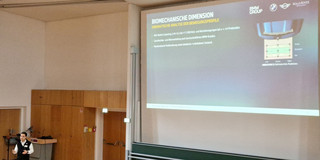
Buses without human drivers - would you get on board?
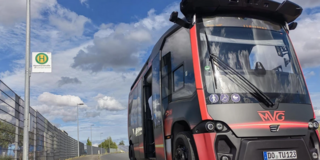
Promotion of Mirko Waldner

Great Experience at IEEE International Conference on Recent Advances in Systems Science and Engineering!

2. RST Hackathon concludes with exciting closing event
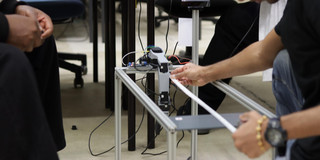
Promotion of Philip Dorpmüller
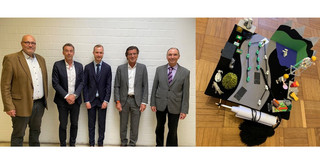
20th DortmunderAutoTag on the TU Dortmund University campus
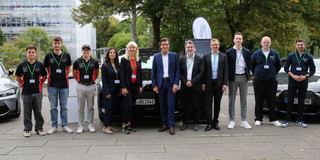
2. RST Hackathon: Robotics Fun Fair
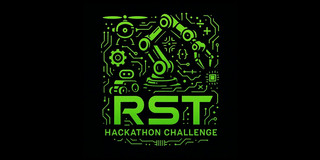
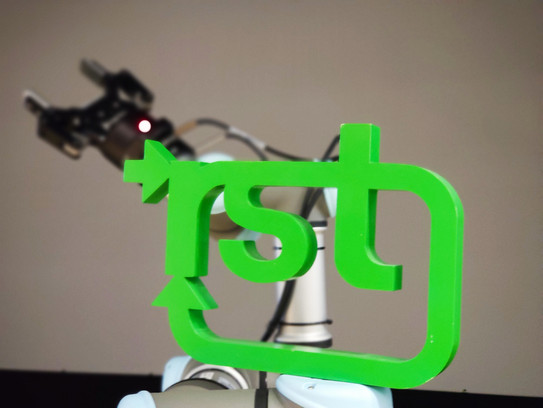
The Institute of Control Theory and Systems Engineering at TU Dortmund University conducts research on automated, networked and sustainable mobility and service robotics in both basic and application-oriented topics.
The innovative research process begins with the idea, continues with scientific analysis and synthesis and ends in the engineering context with feasibility and/or a prototype. The scientists contribute their ideas, competences and experience to public and bilateral research and development projects.
In the topics of future mobility, our research focuses on scene description, situation prediction including trajectory prediction and manoeuvre planning decision making when it comes to the movement behaviour of the EGO vehicle and other road users.
In situational prediction and manoeuvre planning, the behaviour and the physical and mental state of the driver, passenger and passer-by are also researched and taken into account in the overall planning for automated driving.
In service robotics, the cooperation between humans and robots is the focus of our research. We develop concepts and methods for model-predictive real-time trajectory planning and control in a shared workspace. In lightweight robotics, we design models and controls for limb-elastic robot arms.
The research work is oriented towards concrete questions, which are evaluated concomitantly in x-in-the-loop simulation and finally in prototype testing, in order to also answer questions that go beyond scientific verification and validation from the perspective of application and technical realisation.
In the field of automated driving, methods from the areas of machine and deep learning as well as artificial intelligence are increasingly gaining acceptance - in all areas of development, from perception to trajectory planning and control. In addition to the development of the latest algorithms in this area, we also have the necessary hardware and the latest technical requirements to be able to quickly apply the aforementioned methods to new problems with maximum efficiency.
Another focus is on the development and application of forward-looking methods for the systematic derivation and development of solutions that meet requirements, without losing sight of the overall system.

![[Translate to English:] [Translate to English:]](/storages/zentraler_bilderpool/_processed_/8/b/csm_Kopfbild_Orga_Luftbild_24f67cb86a.jpg)